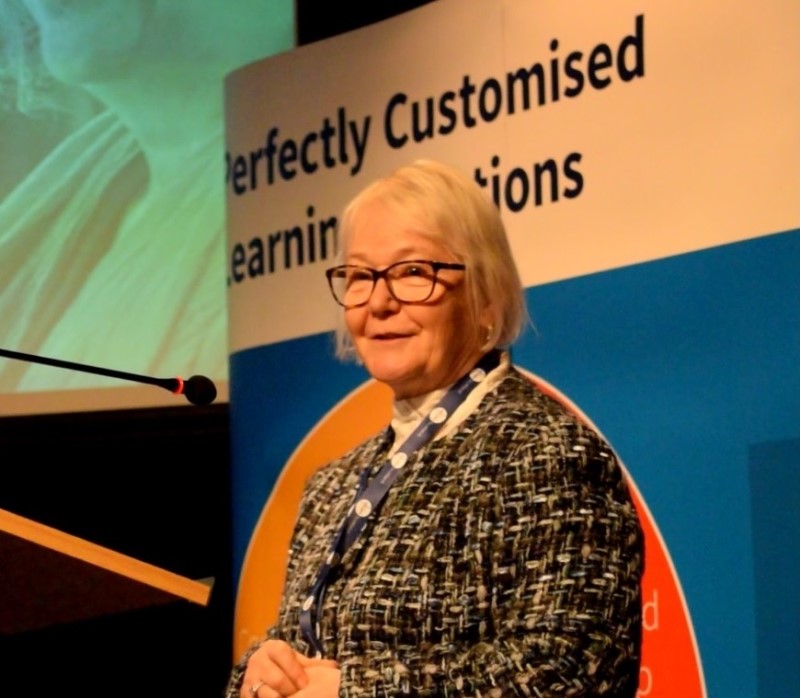
‘Rocket-boosting’ Skills for Jobs White Paper praised by eCom Scotland
Linda Steedman, Chairman of the digital learning and assessment specialist, eCom Scotland, has broadly welcomed the publication of the Government’s Skills for Jobs White Paper.
The Skills for Jobs White Paper, published on 21st January, aims to transform post-16 education and training, boost skills and get more people into work. It enshrines the Prime Minister’s Lifetime Skills Guarantee, setting out a blueprint for a post-16 education system that ensures everyone, regardless of their location or background, can gain the skills they need to progress in work at any stage of their lives.
The Prime Minister, Boris Johnson, said, “In the years ahead, the reforms we’ve announced today will deliver high quality technical education across the country – and help people retrain and secure better paid jobs. That way, when we’ve beaten Covid-19, we can put rocket boosters under our recovery and Build Back Better.”
Responding, Linda Steedman commented, “If this Skills for Jobs White Paper is serious about developing the modular route, then micro-credentialing should be key to this process.
“For many years, eCom championed the move to new technologies. Digitisation and Robotics are moving at pace, automating many old, routine jobs and Covid-19 has seen businesses realise they need to upskill staff fast if they’re to survive the changes coming in the next five years. The CBI estimates that nine in ten employees will need to learn new skills by 2030.
“That’s why eCom welcomes the Skills for Jobs White paper, and The Lifetime Skills Guarantee which opens the door for many to retrain - although it’s unclear as yet how business will be able to get involved and access any supported training,” Linda continued.
“Those benefiting most from this initiative are, typically, in low-skilled, temporary jobs. Many have had a wealth of training, receiving compliance and product or service training in every role they’ve undertaken. Their main issue has been the lack of identification of transferrable skills, or recognition of the training undertaken.
“A comprehensive package of modular courses that fit a credential framework which identifies both transferrable skills and competency against National Occupational Frameworks would revolutionise how skills are achieved.
“So, eCom, which already has strong relationships with many Further Education (FE) Colleges, welcomes the Strategic Development Fund to put the plans into action and establish new College Business Centres to drive innovation and enhanced collaboration with employers.
“Many of today’s qualifications were created years ago – and new qualifications take time to develop,” Linda explained. “Moreover, it’s been difficult for FE Colleges to offer short course programmes as these don’t attract funding – so the Government introducing support for modular learning is welcome.”
“The fast-paced development of credentialed short modular courses is key to making this Skills for Jobs a successful initiative,” she added.
eCom is involved with global research groups, including IMS Global, IEEE-SA and OpenSkillsNetwork, which are developing standards, models, and recommendations of practice that use micro-credentialing to manage the recognition of the upskilling and reskilling process. This enables transferable skills and competency to be measured – in turn, allowing employers to understand their workers’ level of capability.
“These recognition strategies are being developed as global trainers and educators work to ensure success isn’t linked solely to degrees and, rather, that competency is recognised as an acceptable route to a good job,” said Linda.
More information on the Government’s Skills for Jobs White Paper: https://www.gov.uk/government/news/pioneering-reforms-to-boost-skills-and-jobs


